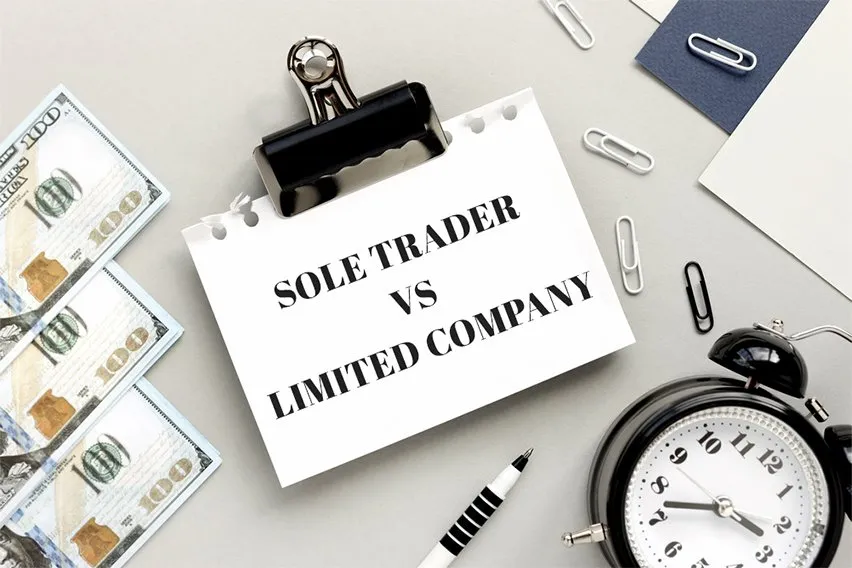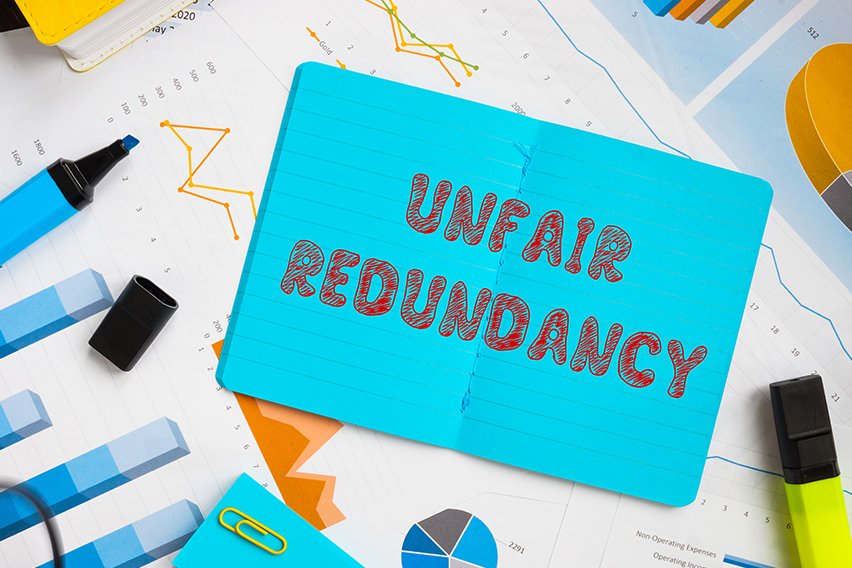Sole Trader Vs Limited Company Comparison: Which Is the Best?

One of the first things you’ll decide as a small business owner in the UK is how you’ll legally register. Today we settle the sole trader vs limited company debate!
Starting a business is incredibly exciting. But there’s always the not-so-fun bureaucracy to consider. Registering your business as a legal entity with the government is not exactly the most thrilling first step. It is a vital first step to trading and making money.
Today we’ll discuss the two most popular legal structures for businesses in the UK. Sole trader ships and limited companies. You also have partnerships but that’s another kettle of fish for a different day.
Which business legal identity is most advantageous for you? Read on to find out.
Here’s What We’ll Cover:
What Is a Sole Trader?
Registering as a sole trader is by far the easiest way to go about starting a company. It-s the common path for most of us to get our start in the small business world. Essentially, a sole trader is a self-employed person. You are the sole owner of your small business and are liable for all of its debts.
There is very little bureaucracy involved to set it up. Running a business as a sole trader is also extremely easy. You submit your self-assessment tax return each year online. It’s a very simple process.

Benefits of Having a Sole Trader Business
- It is very easy to set up on the HMRC.gov website. Little paperwork and minimal fuss!
- You can easily handle your tax return via self-assessment.
- You don’t have to register your business on Companies House.
- There are no upfront costs to register as a sole trader.
Downsides of Having a Sole Trader Business
- You have unlimited liability as a sole trader of your business and it is tied to your personal liability. That means that your personal finances are in jeopardy if your business runs into debt.
- It’s difficult to raise capital as a sole trader. Financial institutions and potential investors prefer limited companies. It makes it easier to purchase shares of your company.
- Sole traders often pay higher tax rates than limited companies. This is because you are taxed as an employee. You pay income tax on business profits. Corporation tax tends to be more favourable.
- Someone can name their company the same as yours as you are not registered on Companies House.
What Is a Limited Company?
You can think of sole proprietorship as being one with the business. Your personal tax return and business tax return are one and the same. A limited company is a separate legal entity from you. So you’re more protected as an individual. That is the major legal difference between the two structures. There is more paperwork involved to register as a limited company.
As a business structure, you have shareholders which are the owners, and directors/managers.
Benefits of Having a Limited Company
- The business has a limited liability that is separate from your personal assets. Therefore business finances and company debts do not infringe on your personal assets in any way.
- Your company name is completely protected and unique once registered with Companies House.
- Limited companies pay corporation tax on taxable profit instead of income tax. This can be favourable in terms of rates.
- Limited companies have more opportunities for tax reliefs, deductions and allowances.
- Investors are more likely to invest in limited companies or partnerships than sole traders.

Downsides of Registering a Limited Company
- The director of a limited company has more responsibilities by law. These are called director’s fiduciary responsibilities. You can find these on the HMRC website.
- You’ll likely need to hire an accountant to keep your accounts in check according to the law. This includes annual accounts records and having a business bank account. This includes meticulous records of limited company expenses, and maintain a business bank account You’ll be held to higher accounting standards than sole traders.
- Your company’s earnings and information will be accessible to everyone on Companies House. You may not want your business operations to be that visible.
Key Takeaways
The best type of business structure for you completely depends on what you want most. For ease and privacy, being a sole trader is ideal. For (likely) better tax rates and investment opportunities, the limited company structure is better.
Often, small business owners start their companies as sole traders and then cross over in later years. This is a good idea to test the longevity of your business before taking on the extra legal responsibilities. So when in doubt, start there and work up to becoming a limited company.
That said, if you are a freelancer, like a graphic designer, a sole proprietorship may suit you for the length of your business.
For more guidance on owning a small business in the UK, head to our resource hub!
RELATED ARTICLES

 What Is Proof of Concept (POC) & How to Create It?
What Is Proof of Concept (POC) & How to Create It? How Much Can You Earn Before Tax? Income Tax & Allowance Calculator
How Much Can You Earn Before Tax? Income Tax & Allowance Calculator What Is Bacs Payment? The Complete Guide
What Is Bacs Payment? The Complete Guide What Is The Gearing Ratio? Definition, Formula & Calculation
What Is The Gearing Ratio? Definition, Formula & Calculation How to Calculate Statutory Redundancy Pay
How to Calculate Statutory Redundancy Pay